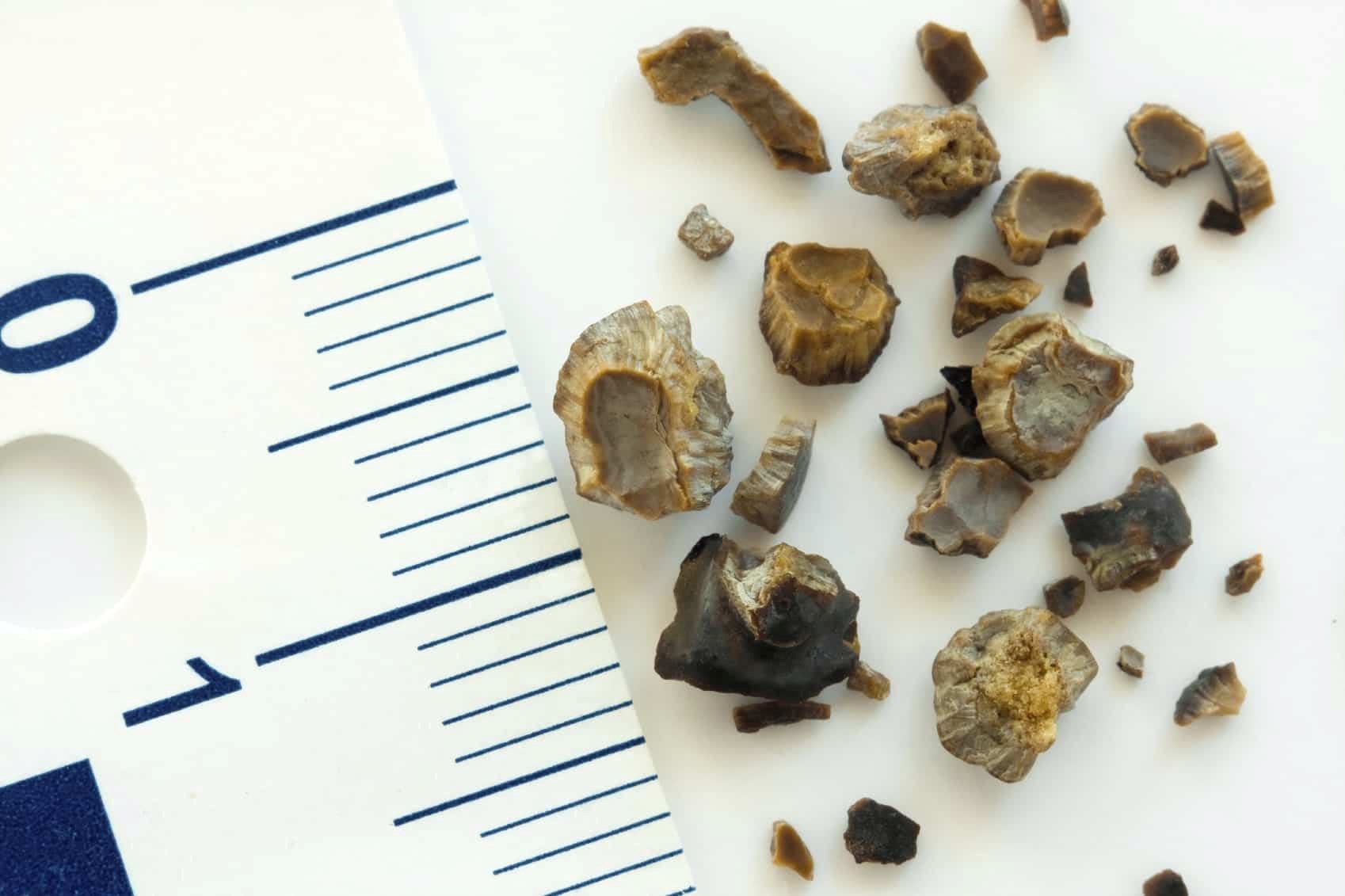
Kidney stones are urine constituents that have solidified and therefore can develop in the kidneys, renal medulla, and urinary bladder. The symptoms and causes of kidney stones are discussed below in detail for you to discover more regarding Nephrolithiasis. Kidney stones typically lead to pain whenever they travel into the ureter, causing serious flank aches, nausea, and puking. Kidney stones affect up to twice as many males as they do women. An accumulation of stone-forming chemicals in the urine is the reason.
What is Nephrolithiasis ?
Kidney stone disease is also called nephrolithiasis. Solid particles occur in the kidneys and are known as kidney stones. The prevalence of this condition has progressively increased in recent decades, with the majority of stones occurring in people aged 20 to 49, with a recurring frequency of up to 94 percent determined by a variety of circumstances.
Stones originate in the upper urinary system, although when they travel into the ureter, the thin tube that connects renal colic, which patients frequently describe as the greatest pain they’ve ever experienced, can be caused by the kidneys and bladder.
Types of Kidney Stones
Calcium oxalate stones:
Calcium stones, mainly in the form of calcium oxalate, make up the majority of kidney stones. Oxalate is a chemical produced by your liver daily or ingested through your diet. The oxalate content of certain fruits and veggies, and also nuts and chocolates, is considerable.
Dietary factors can raise calcium and oxalate concentrations in urine, high amounts of vitamin D dosages, gastrointestinal bypass surgery, and a variety of metabolic diseases.
Another sort of calcium stone is calcium phosphate. Metabolic disorders, including renal tubular acidosis, are more likely to cause this form of stone. It’s also possible that such migraines or seizure drugs, such as topiramate, are linked to it.
Stones of struvite
Struvite stones form as a result of a urinary tract infection. Such stones could grow rapidly and be quite enormous, often without causing any indications or warning.
Uric acid
Patients with diabetes or metabolic disorders are more likely to develop uric acid stones if they lose far too much liquid due to chronic diarrhea or malabsorption, eat a high-protein diet, or have diabetes or metabolic disorders. Certain inherited factors might also lead to uric acid stones.
Cystine stones
Such stones arise in persons who have cystinuria, a genetic condition in which the kidneys discharge much more of certain amino acids.
Cause of Kidney stones
Although various variables may raise your risk of kidney stones, there is rarely a specific cause. Whenever your urine contains higher crystal-forming chemicals like calcium, oxalate, and uric acid than the liquid in your urine could neutralize, kidney stones develop. At the very same time, your urine could be deficient in chemicals that inhibit stones from adhering collectively, allowing kidney stones to form. They produce microscopic crystals that develop and mix over time, eventually forming kidney debris and subsequently kidney stones.
- You’re particularly prone to get kidney stones when someone in the household has had them. You’re more likely to acquire additional kidney stones when you’ve had one or several.
- Kidney stones can be increased if you don’t get enough every day. Folks who reside in hot, dry areas or who sweat a lot will be much more vulnerable than others.
- A high-protein, sodium (salt), and sugar diet could raise your chance of certain forms of kidney stones. If you eat a high-sodium diet, this is especially true. Quite so much salt in your diet affects the quantity of calcium your kidneys should filter, increasing your risk of chronic diseases dramatically.
- Modifications in the process of digestion such as bariatric surgery, irritable bowel illness, or chronic diarrhea might disrupt calcium and water assimilation, raising the amount of stone-forming chemicals in your urination.
- Additional health issues that can raise your risk of chronic diseases include renal tubular acidosis, cystinuria, thyroid dysfunction, and recurrent urinary tract infections.
Symptoms of Kidney stones
In overall, kidney stones would not cause discomfort unless they pass through the kidneys into the urinary system. Stones might take several weeks, months, or even years to reach a size that can be detected. Because of their activity, they might take considerably longer to develop symptoms such as pain or blood in the urine. Small stones might produce no symptoms or very minor physical discomfort.
Bigger stones create signs including pain that comes on suddenly. This is also called renal colic and is caused by ureteral spasms that are becoming more severe. The discomfort is frequently characterized as the worst the patient has ever felt. One part of the back or the stomach could be painful. You may feel pain or a burning feeling while urinating.
